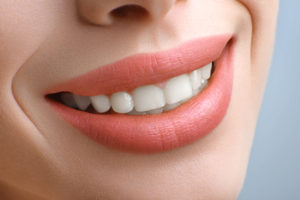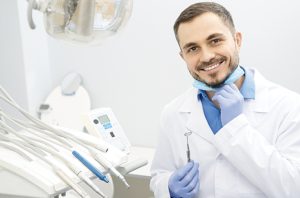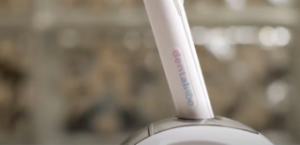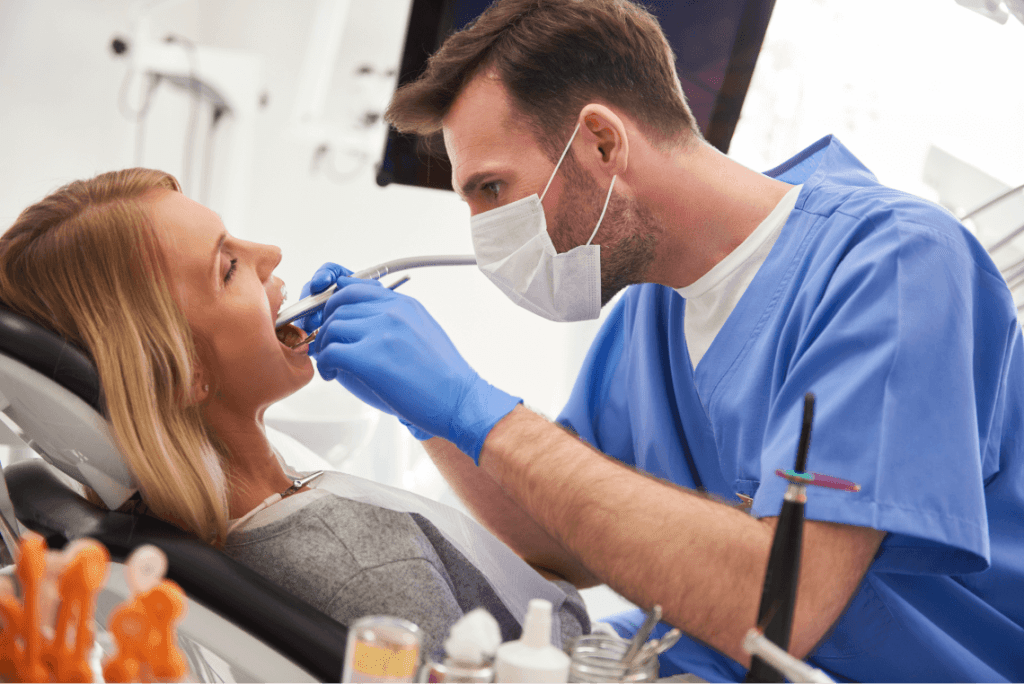Holistic dentistry is the equivalent of complementary and alternative medicine for dentistry. Although the holistic dental community is diverse in its practices and approaches, common threads include strong opposition to the use of amalgam in materials in dental fillings, nonsurgical approaches to gum disease, and the belief that root canals may endanger systemic health of the patient through the spread of trapped dental bacteria to the body. Many dentists who use these terms also regard water fluoridation unfavorably.
Many practices and opinions among alternative dentists are criticized as not being evidence-based by the mainstream dental community and skeptics of alternative medicine in general. Generally speaking, such dentists charge far more for the same dental treatment compared to mainstream dentists, as they consider themselves to be providing specialized care.
The Holistic Dental Network defines the field as: “an approach to Dentistry that promotes health and wellness instead of the treatment of disease. This approach to Dentistry encompasses both modern science and knowledge drawn from the world’s great traditions on natural healing…Holistic Dentistry acknowledges and deals with the mind, body, and spirit of the patient, not just his or her “Teeth”. They attempt to coin the following basic principles as being unique to holistic dentistry:
- Proper nutrition for the prevention and reversal of degenerative dental disease
- Avoidance and elimination of toxins from dental materials
- Prevention and treatment of dental malocclusion (bite problems=physical imbalance)
- Prevention and treatment of gum disease at its biological basis
The Holistic Dental Association writes of that organization’s founding: “In 1978, concerned, dedicated dentists came together to share their common interest in treatment modalities that were not included in dental school curriculum. Some of these modalities were very new and others were very old; the one thing that they shared in common was they offered additional options for treatment. These dentists wished to establish an organization that would provide a forum for the development and sharing of health promoting therapies. A shift from the early emphasis of the dentist on modalities to a consideration of the attitudes and feelings of the patient and the dentist has occurred. But the primary goal to teach and to learn has not changed since the founding members first met.”
Some holistic dentists may incorporate traditional methods. Still, there are key differences between the two types of dentistry:
Philosophies
The primary difference is the philosophies behind each practice. Traditional dentistry solely focuses on dental health. This consists of diagnosing and treating problems that affect the:
Holistic dentistry, on the other hand, treats dental problems by focusing on the entire person. It focuses more on the whole body compared to traditional dentistry. This stems from the idea that all areas of health are connected, including emotional and spiritual health.
Treatments
Due its nonconventional philosophies, holistic dentistry treatments are also different.
In traditional dentistry, dental care primarily includes treatments that have been scientifically proven to be effective and safe like:
Holistic dentistry uses variations of these methods. Treatment may also include therapies like:
- nutrition education
- Ayurveda
- aromatherapy
- homeopathy
- herbology
- spiritual healing
- hypnosis
- electroacupuncture
For example, if you have gingivitis, a holistic dentist might discuss nutritional therapies to relieve your symptoms. A traditional dentist may also discuss nutrition with you, but a holistic dentist will place more emphasis on the effect of nutrition on oral health.
Also, holistic dentists do not perform root canals. They believe root canals aren’t totally safe due to the procedure and chemicals used.
Holistic dentists opt for “biocompatible” or natural materials instead of the types of substances used by a traditional dentist. Biocompatibility refers to the way substances affect your body. This speaks to the whole-body approach of the practice.
Before using certain materials, a holistic dentist will perform biocompatibility tests. This is said to help determine if the substances are compatible with your body and immune system.
The materials are all natural. For instance, a holistic dentist might give you an herbal mouthwash for gingivitis. But a traditional dentist may prescribe a medicated mouthwash called chlorhexidine, which is scientifically proven to reduce gingivitis.
Other examples of holistic remedies include:
- herbal tooth powder
- propolis
- neem toothpaste (neem is a tropical plant found in Asia)
- composite fillings (in place of mercury fillings)
Research has shown that amalgam or mercury fillings are safe, and they are approved by the Food & Drug Administration (FDA)Trusted Source and backed by the American Dental Association (ADA).
But holistic dentists believe these fillings can be harmful, so they don’t use them. Holistic dentists may also promote removing mercury fillings if necessary.
Holistic dentistry also has a different view on fluoride.
Conventional dentists encourage using fluoride in the form of toothpaste or fluoridated water. (In fact the ADA recommends introducing fluoride to babies when their teeth first emerge, using a smear of fluoride toothpaste the size of a rice grain to brush infants’ teeth and gums twice daily.)
However, holistic dentists advise against this practice. Only some support the use of topical fluoride.
















